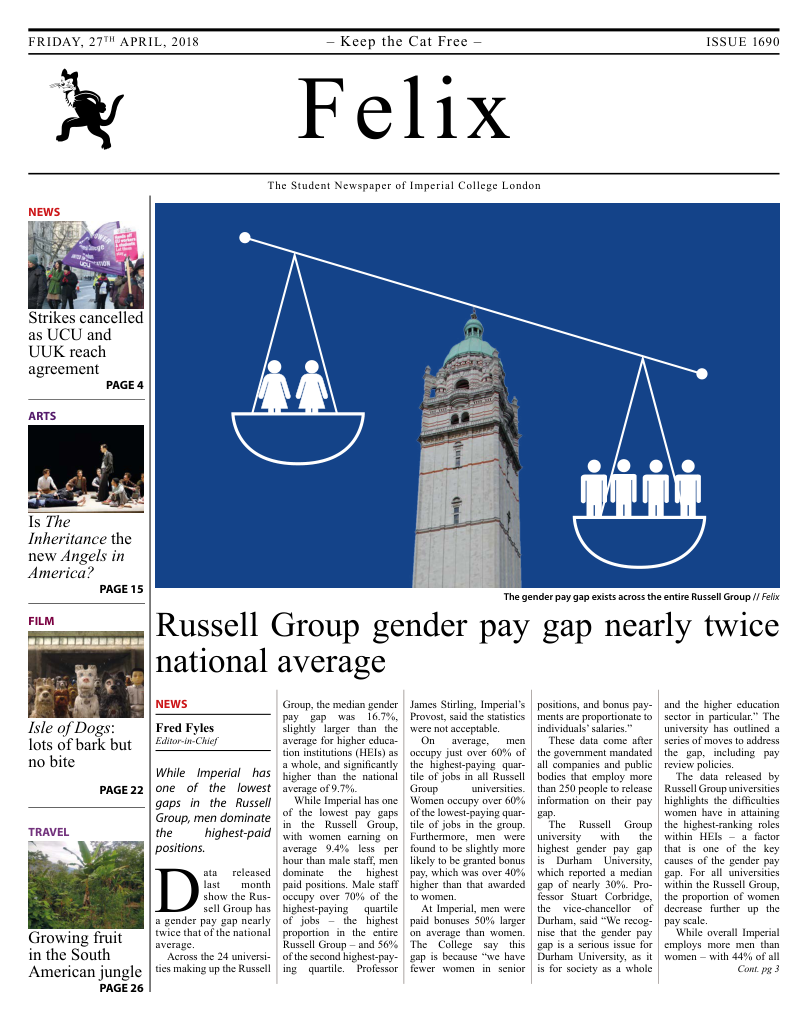It’s time to be online honestly
The ICSMSU campaign to get more people to share their true feelings online highlighted the powerful effects social media can have on wellbeing.

In a modern world, our interactions with one another are often shaped by the explosive and revolutionary impact of social media. For most of us, Facebook, Instagram, Snapchat, and Twitter can be a pleasant escape – a way to keep in contact with our friends, or share fond memories of good times in good places. But there is a darker side of social media which is beginning to emerge. And it deserves more attention.
The backlash from the Cambridge Analytica scandal provides a stark warning to those of us who share our information online – we cannot be certain who is accessing it, or how we are being targeted through what we share. Meanwhile, a look back on the 2016 U.S. Presidential Election and the eruption of ‘FAKE NEWS’ demonstrates that external interference with social media platforms has the potential to literally change the direction of an entire country. In March, ICSMSU Welfare’s Campaigns Team decided to tackle another issue with social media: the effect it is having on the mental health of young people.
Undoubtedly, social media can have a harmful effect on our self-esteem and wellbeing. Designed in a manner which mimics the process of addiction – both psychologically and physiologically – social media keeps us constantly refreshing for new content; receiving a ‘like’ can act as a form of social validation – a validation to which we aspire whenever we post. In doing so, we all too often filter out the imperfections in our lives, only sharing the positives while neglecting to mention our daily struggles, failures, or worries. This creates a harmful cycle, whereby we constantly compare ourselves to the perfect projections we witness online; we think we cannot be honest about our difficulties because that is not something worthy of ‘likes’. As such, we create an environment where only success and perfection is talked about. ICSMSU Welfare sought to tackle this by encouraging students to not just be online, but #OnlineHonestly.
For two weeks in March, we asked people to repost old pictures from social media unedited and unfiltered, with a new caption honest to the situation they were actually facing. By the fifth day, we were overwhelmed by the level of engagement and support from students, not just in ICSM, but across all of our Constituent Unions and even from students as far away as LSE and Manchester. A senior member of Faculty even decided participate by making a post as part of the campaign – resulting in a flurry of posts, totalling 80 across all of social media by the close of the campaign.
When we planned it, we didn’t dream of the School of Medicine embracing it with such warmth so quickly, nor did we anticipate how brave so many of students would be to share their deeply personal reflections on previous social media posts and how many of them would relate to the message behind the campaign. Whilst this campaign is over for now, we hope all of Imperial recognises every one of us is more than our online image. We all have our unique problems and challenges we face every day. We don’t always present that image of ourselves online because we think we’re alone: this campaign has proved that we are not. Let’s all go that extra mile to ask our friends how they’re doing. Let’s be more willing to open up and start a dialogue about the issues some of us are struggling with day to day. Let’s make it okay to be honest with ourselves and our peers about the challenges we face.
The Online Honestly campaign has shown we have a deeply compassionate community at Imperial. I am very proud to be a part of it, and you should be too. Social media can enhance our lives, but we can’t let it take over. Our online image is exactly that: an image. A funny or witty caption might be masking an intense personal struggle, but we all have our unique issues. We shouldn’t be afraid to be honest about them.
If you saw the Online Honestly campaign or were affected by any of the posts and are looking for support, please reach out to your Personal Tutor, the Union Advice Centre, or contact your Wellbeing Representative for other useful support services.









